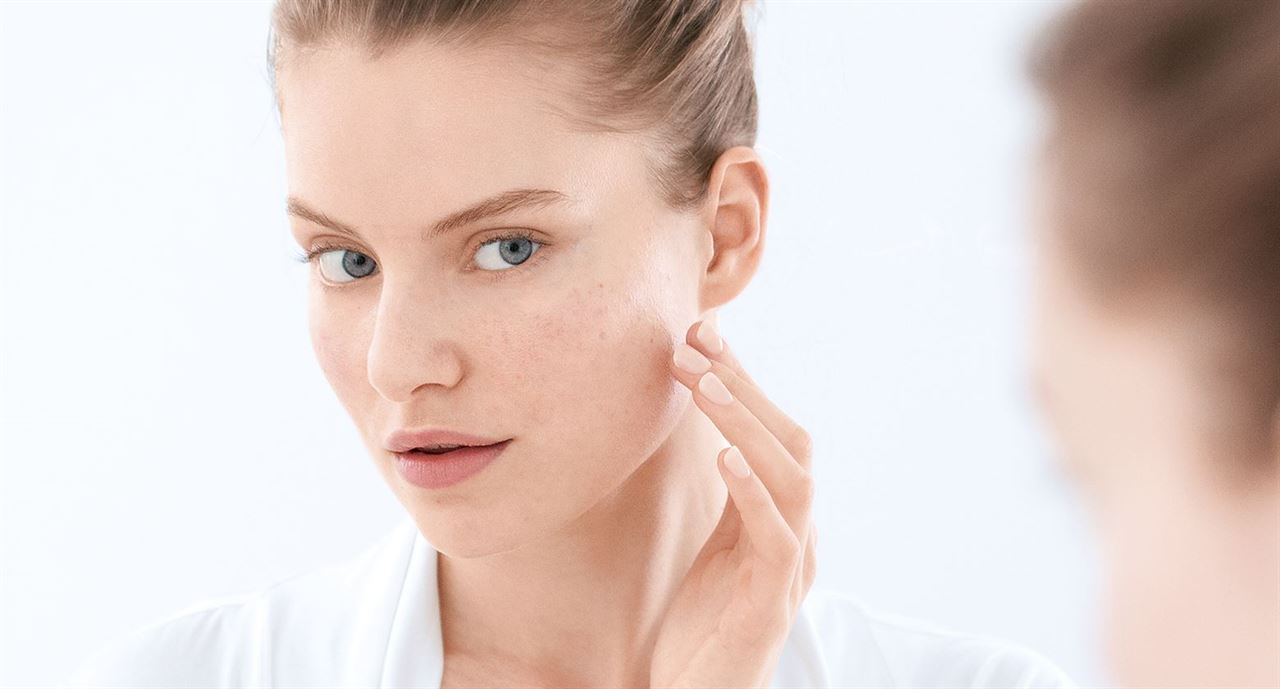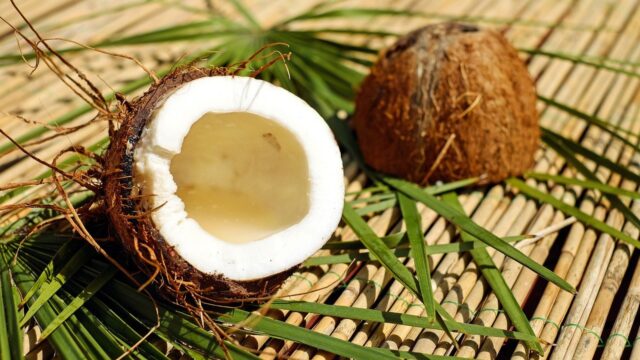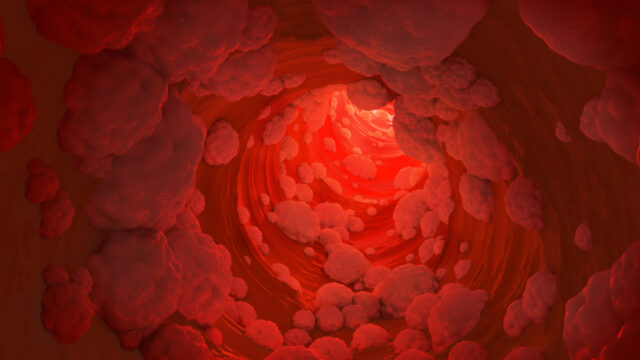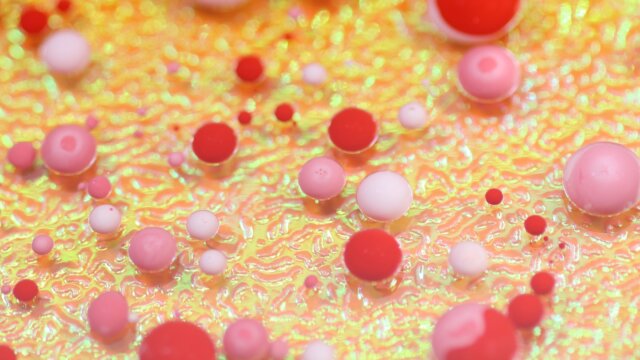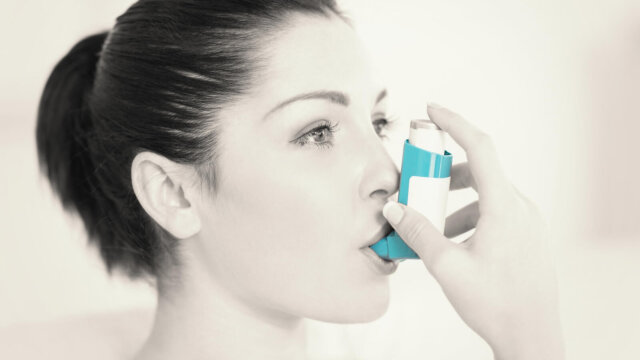FTC disclaimer: This post may contains affiliate links and we will be compensated if you click on a link and make a purchase.
Tea tree oil for acne has gained popularity in recent times because of its ability to treat acne naturally. It is extracted from the leaves of Australian based indigenous plants known as Melaleuca Alternifolia.
Tea tree oil naturally contains antiseptic, antibacterial, and anti-inflammatory properties. It is widely approved and an excellent option for skin treatment, especially for acne-prone skin.
You can use tea tree oil in various ways, so it is quite familiar with natural home remedies for acne.
Moreover, Tea tree oil is beneficial in the treatment of mild acne. It also incorporates healing properties for cystic and hormonal acne.
However, the efficacy of tea tree oil depends on the skin type and acne type you have.
Let’s look at how tea tree oil prevents acne breakouts and what safety precautions you should consider.
How does tea tree oil for acne works?
Tea tree oil contains multiple compounds that are responsible for spot treatment. The anti-inflammatory and anti-fungal properties of tea tree oil help calm active acne and prevent any new breakout.

Tea tree oil anti-microbial properties
Tea tree oil contains impressive anti-microbial properties that help in the prevention of microbial growth. It has an anti-microbial compound known as terpenes that prevents the formation of Propionibacterium acnes.
The various findings have shown that tea tree oil contains multiple types of terpenes effective in treating acne.
According to research, tea tree oil is rich in one type of terpenes known as terpinen-4-ol, which is responsible for destroying skin-based bacteria.
Also, terpinen-4-ol was significantly more effective in treating acne than a chemical compound known as benzoyl peroxide.
Tea tree oil non-carcinogenic property
Tea tree oil is non-carcinogenic for external use or topical application. Whereas the commercial products available to cure acne are chemical-rich, and it may be carcinogenic on frequent usage.
Tea tree oil unblocks sebaceous glands.
Tea tree oil mainly penetrates deep into your skin and unblocks the sebaceous gland. Since acne often forms inside your skin pores, it blocks sebaceous gland functionality, leading to acne’s breakout.
When tea tree oil reaches inside your skin pores, it disinfects the skin, unclogs the pores, and reduces acne formation.
Tea tree oil is anti-inflammatory.
Because of anti-inflammatory property, tea tree oil removes dead skin cells from acne-prone skin. It also works to destroy the acne-causing bacteria inside your hair follicles. Thus, reducing the likelihood of acne breakout frequently.
Moreover, its disinfectant property dries out blackheads, whiteheads, and pimples, allowing the skin to work as usual.
A 2006 study has shown that tea tree oil’s anti-inflammatory and anti-microbial properties have helped treat acne lesions.
Tea tree oil act as a moisturizing solvent
Tea tree oil acts as a cleanser and moisturizing solvent. It helps remove the dust and grease efficiently from your skin and protect the skin from oxidative stress.
Oxidative stress reflects the imbalance between the free radicals and antioxidants in your body.
So, when tea tree oil is applied and mixes with your skin’s natural oil, it prevents pores from becoming the bacteria’s food.
Thus, it is clear that without nourishment, acne-causing bacteria won’t reproduce.
In a 2016 study, the researcher has found that participants using tea tree oil has fewer breakouts. Later, it revealed that tea tree oil inhibits the growth of bacteria, including P. acnes.
Tea tree oil has a healing property.
Tea tree oil speed-up the skin healing process when applied. Sometimes, the acne-causing bacteria is so harmful that it hinders the skin’s ability to heal.
Also, regular use of tea tree oil inhibits acne-causing bacteria’s growth and reduces future acne outbreaks.
How to use Tea Tree Oil for Acne
There are many ways you can use tea tree oil for acne. Each method depends upon your skin condition as well as the type of acne you possess.
Moreover, you also need to do the skin sensitivity test before you apply it to your skin. If any allergic reaction like redness, swelling, itchiness, and burning occurs, consult your doctor.
Before applying tea tree oil, wash your face with a mild cleanser and pat it dry.
Let’s have a closer look at multiple ways you use tea tree oil for acne.
Tea tree essential oil with coconut oil or jojoba oil

You can prepare by diluting two or three drops of tea tree essential oil with a carrier oil like coconut oil or jojoba oil. Next, mix it well and apply it to your acne-prone skin. Leave it for at least 15 min to have a better effect.
Repeat daily to get better results.
You can get pure tea tree essential oil here. Also, you can look for virgin coconut oil and jojoba oil online.
Tea tree oil with sweet almonds oil

Sweet almond oil is also a carrier oil that is used frequently with tea tree oil.
You can add 2-3 drops of tea tree essential oil with 10-12 drops of sweet almonds oil for preparation. After that, thoroughly mix it and apply it to your affected area.
A study observed a 71% success rate in treating M. Canis lesions when tea tree oil is diluted with sweet almond oil and applied to the skin.
You can get cold-pressed and pure sweet almond oil online.
Lavender oil and Tea tree oil

Combining lavender oil and tea tree oil has positively impacted the treatment and healing of any acne outbreaks.
A study reveals that lavender oil promotes and speeds up the healing of skin tissue or wound.
If you use this combination regularly, it reduces the acne scars as well.
For preparation, mix 2-3 drops of tea tree essential oil and 2-3 drop of lavender oil with 4-5 drops of carrier oil like olive oil or coconut oil.
Apply it to your affected area and keep it for at least half an hour. Moreover, you can also apply before going to bed and leave it overnight for better results. Repeat it daily.
You can buy 100% pure lavender essential oil online here.
Lemon juice and Tea tree oil

For quick acne treatment, lemon juice is mixed with tea tree oil. The combination is a beneficial and popular home remedy for acne.
Lemon juice has astringent properties that reduce redness caused by the inflammation of acne.
Also, the anti-microbial properties of lemon juice reduce the level of oil in the skin.
You can create a mixture by adding 2-3 drops of tea tree oil with 3-4 drops of lemon juice and apply it to your acne breakouts. After that, leave it for half an hour and wash it off.
Baking soda and tea tree oil
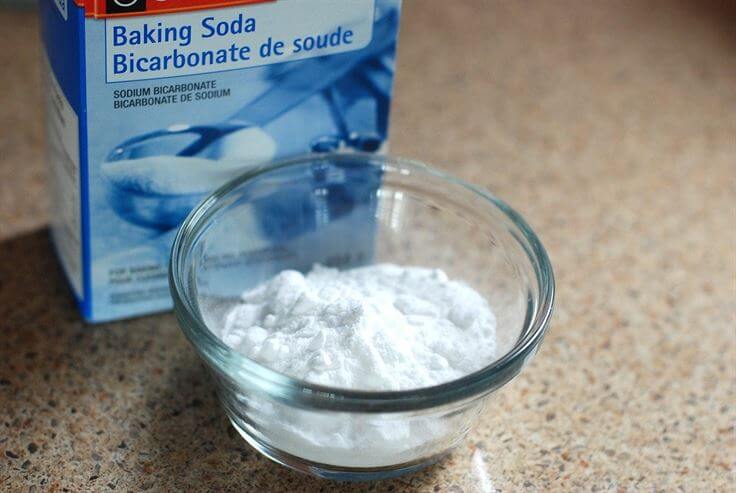
To boost acne treatment, sometimes the combination of baking soda and tea tree oil is sufficient. But, everyday use is not recommendable.
Baking soda is useful in soothing inflammation and mild pain due to acne breakouts.
You have to mix 2-3 drops of tea tree oil with half a teaspoon of baking soda and apply it directly to acne breakouts. Leave it for 10-15 minutes and wash it off.
Afterward, apply hydrating moisturizer immediately to help prevent skin dryness and tightness.
Tea tree oil and Apple cider vinegar

Apple cider vinegar is antibacterial, antiviral, and anti-fungal by nature. It has shown a more significant impact on cystic acne that is caused by clogging of skin pores.
Moreover, apple cider vinegar is acidic, which further helps in getting away from dead skin. Thus, by removing dead skin, you end up having a few clogged pores, and as a result, the chances of getting cystic acne is reduced.
Also, apple cider vinegar helps restore the skin pH balance, which again reduces the chances of getting any new breakouts.
So, mixing apple cider vinegar with tea tree oil prevents the formation of any acne. This combination also impacts the appearance of any new breakouts.
You need to mix one teaspoon or 10-15 drops of apple cider vinegar with 2-3 drops of tea tree essential oil and apply it to the affected area with a cotton ball. Please keep it for at least 10-15 minutes and then wash it off.
Repeat the method daily to have a more significant impact on acne treatment.
You can buy raw, unfiltered apple cider vinegar here.
Tea tree oil and Aloe vera gel
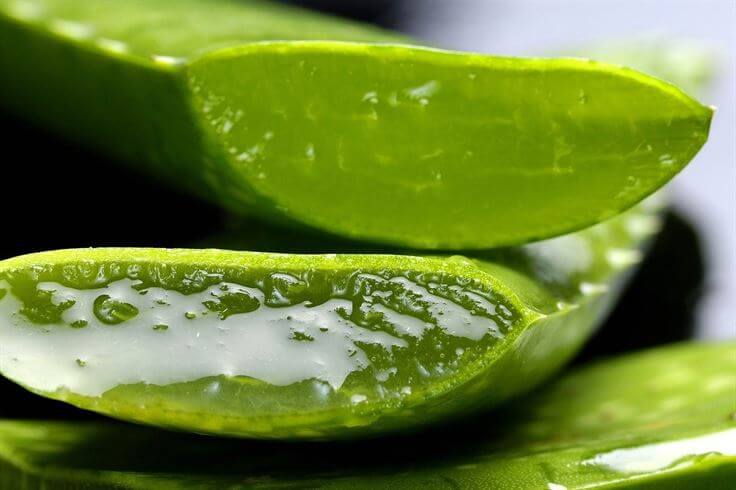
Aloe vera gel is beneficial in the treatment of acne because of its antibacterial and anti-inflammatory properties.
A recent study has evaluated the efficacy of aloe vera and tea tree oil with mild to moderate acne. The result turns out positive to combat acne.
You can mix one teaspoon of aloe vera gel with a 2-3 drop of tea tree oil. After that, massage it on the affected area. Keep it overnight and wash it off in the morning.
You can get here pure and natural aloe vera gel.
Tea tree oil and Witch Hazel
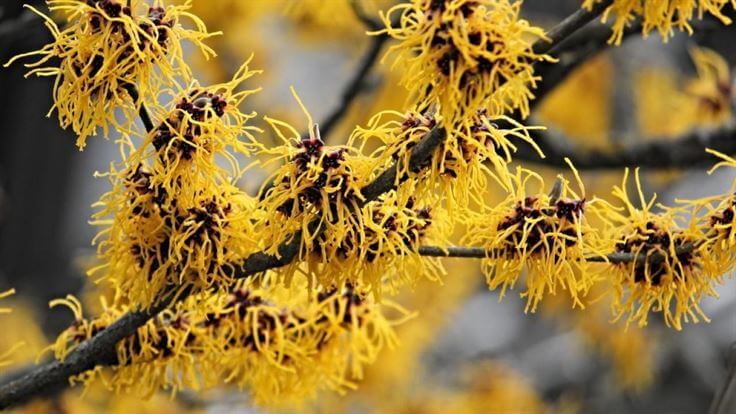
Witch Hazel acts as an astringent and antibacterial treatment for acne-prone skin.
A study has shown that Witch Hazel alleviates inflammation caused by acne. Although the effect of Witch hazel on acne is limited and more research and findings are needed.
So, applying the mixture of Witch Hazel and tea tree oil on the affected area reduces inflammation tremendously, soothe your skin and shrink your skin pores from any further breakout.
You can mix one teaspoon of Witch Hazel with 2-3 drops of tea tree oil. And apply it to the affected area with a cotton ball. Leave it for at least half an hour and then wash it off. Follow this home remedy daily for more significant effects.
You can buy 100% natural original Witch Hazel here.
Calamine lotion with tea tree oil

Calamine lotion is effective in countering mild itchiness and skin inflammation. Its drying properties can help in drying out acne or pimples caused by the secretion of excess oil.
Sometimes over dryness may cause skin irritation, so it is advisable to use calamine lotion for acne-prone skin in moderation.
To have a more significant impact, you can mix Calamine lotion with tea tree oil.
For this, you need to take one teaspoon of calamine lotion and mix it with a 2-3 drop of tea tree oil. Now, apply it all over the affected area and keep it overnight.
Do it 2-3 times a week for better results.
You can buy medicated Calamine lotion online.
Most frequently asked questions for Tea tree oil for acne.
How often should you use tea tree oil for acne?
For acne treatments, you use tea tree oil daily for better results. In a day, you use tea tree oil two times to the affected area as per your skincare routine.
Is tea tree oil is only for external use?
Yes! It is entirely for external use and safe to use on your skin. But, it would be good to be careful about sensitive areas like the eyes. It may cause redness and irritation in sensitive areas.
Moreover, it is not safe to swallow. While injecting may lead to severe symptoms like ataxia and confusion.
Before applying, always dilute the tea tree oil with a carrier oil like olive oil, almond oil, and coconut oil.
What to look at when you buy tea tree oil?
Tea tree oil is widely available all over the world. It would be best if you always looked for 100% pure tea tree essential oil.
You can buy 100% pure tea tree oil online.
What are the best tea tree oil companies?
- Artizen tea tree essential oil – 100% pure, natural, and undiluted
- Organic Tea tree essential oil – 100% pure essential oil
- Naturenics Premium 100% pure essential oil
Can we apply tea tree oil directly to our skin?
Tea tree essential oil is highly concentrated and 100% pure essential oil. If you apply it directly to your skin, it may hurt or irritate your skin. So, it is better to avoid it.
Bottom line
Tea tree oil is beneficial and useful for people who have mild to moderate acne breakout. Its anti-microbial and anti-inflammatory properties prevent and treat acne.
Moreover, tea tree essential oil is completely safe in acne treatment compared to other commercial chemical products like benzoyl peroxide or salicylic acid.
If you don’t see any improvement for a more extended period, you can consult your doctor.
